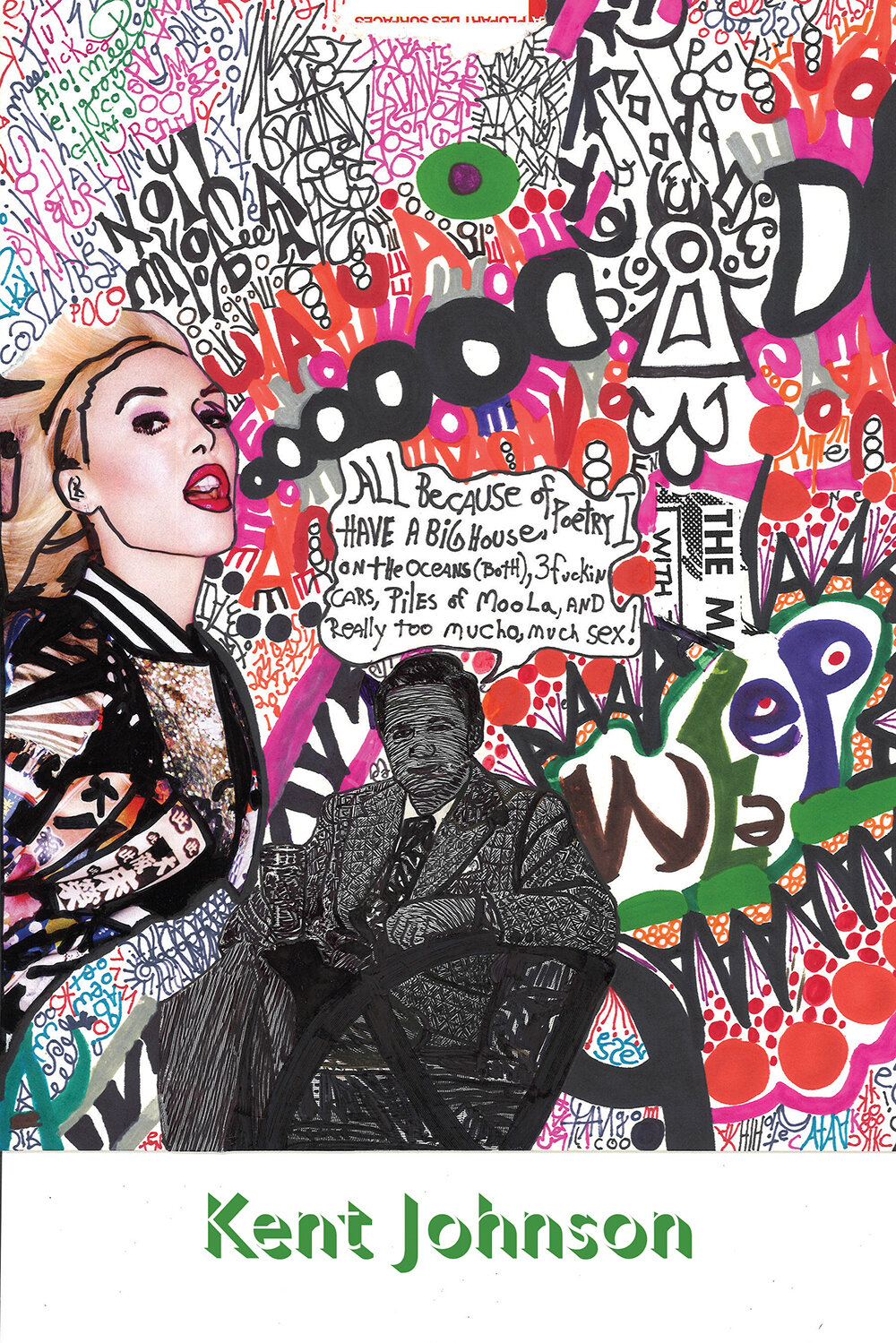KENT JOHNSON DOSSIER
In January 2021, The Typescript cancelled its planned dossier on Kent Johnson. His transgression? Doing exactly what everyone has come to rely upon him to do: provide satire tailored to the moment. Emily Post-Avant made some relatively uncontroversial (for her) observations about Amanda Gorman’s poem at Joe Biden’s inauguration and the poet’s subsequent superstardom. The letter was deemed antithetical to the values of The Typescript, which include the feebly-worded phrase “We try our best to think independently, despite our mediated moment…”
Satire embraces thoughtcrime, revels in it, and transfigures its repressive weight into efflorescent new life. Kent Johnson is the undisputed master of the mode in our moment not only because hardly anybody else even attempts it, but because he possesses the delicate blend of courage, recklessness, and passion — in every sense, including the obsolete one of suffering — necessary to its success. Satire can’t be in good taste, because good taste is too sclerotic. But when it works, it educates us; it shakes us out of complacency and makes us feel that poetry today has stakes. Maybe we don’t agree with Kent — with what he says or how he says it. But the quality of that disagreement has a greater share in history than the din of harmonious groupthink and the ebb and flow of abortive avant-gardes gleefully awaiting their academicization which Kent has chronicled and skewered for the rest of us. Kent brews tempests in teacups, and we drink deeply before they cool.
Caesura presents the following essays, poems, and appreciations of Kent Johnson, all attesting (singularly and jointly) to the formidable aesthetic force of production he embodies. He is probably the most under-recognized poet (or poetry person) working today. That’s because his influence is mostly subterranean. He connects people, opens doors, and moves (more discreetly than you’d expect) first toward, and then among, everything vital happening in poetry. It’s a sort of Festschrift, on the occasion of a cancellation. For the satirist, it could only be a laurel.
—Austin Carder












